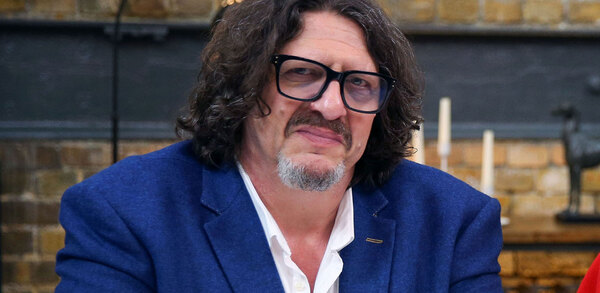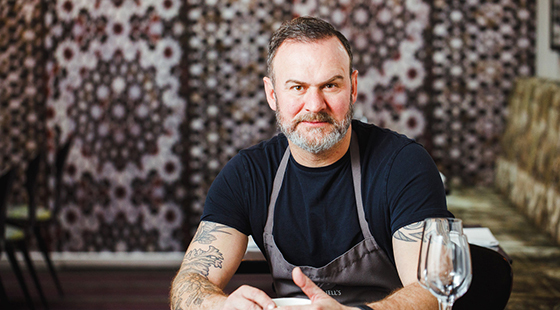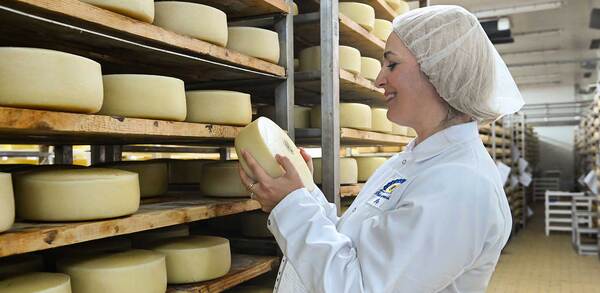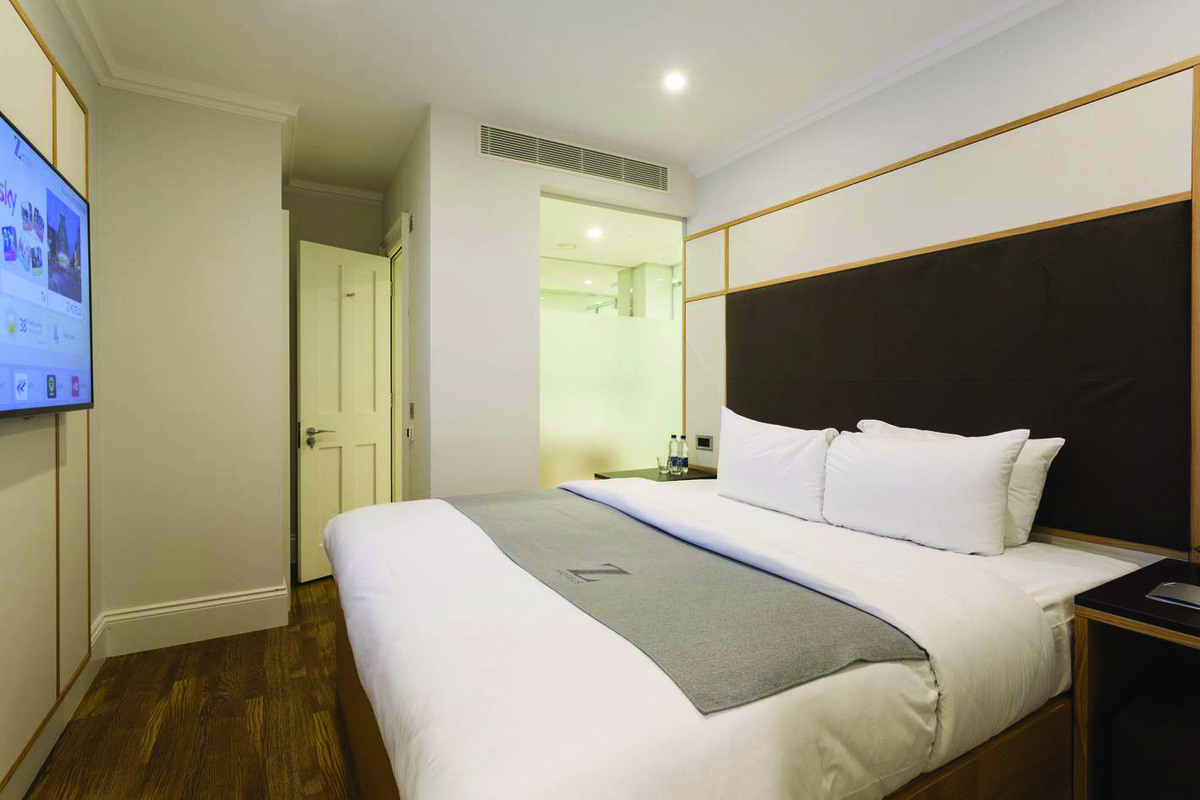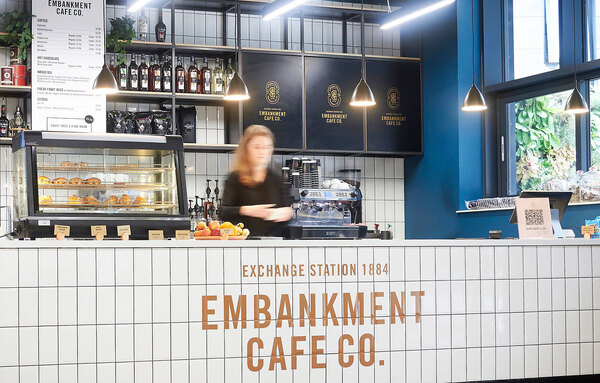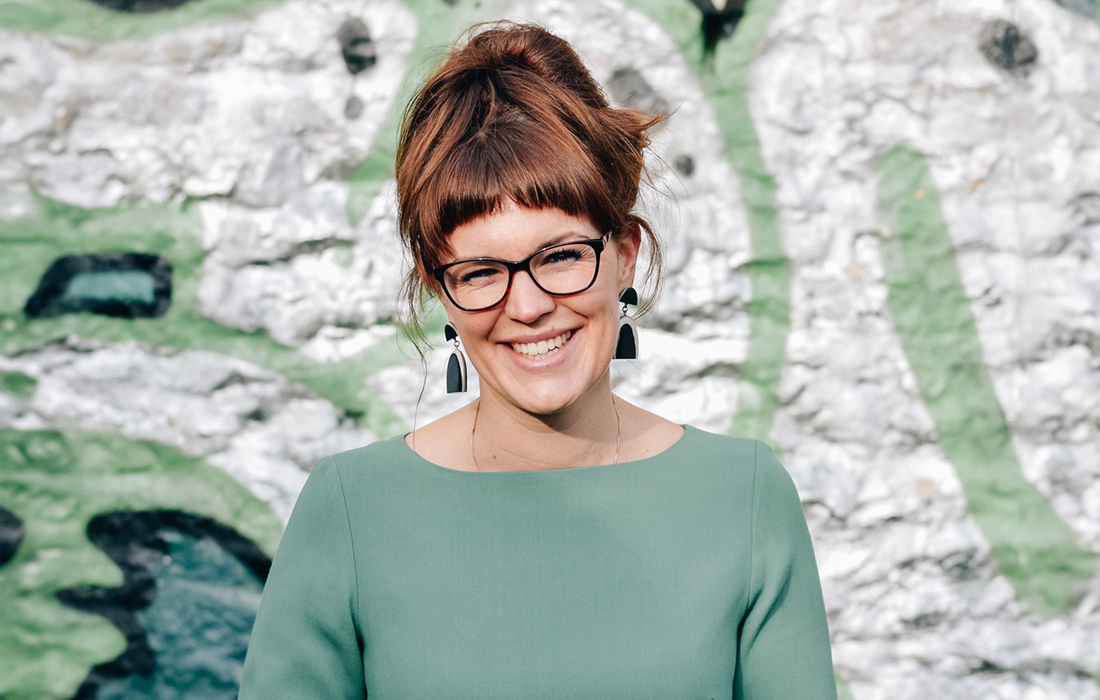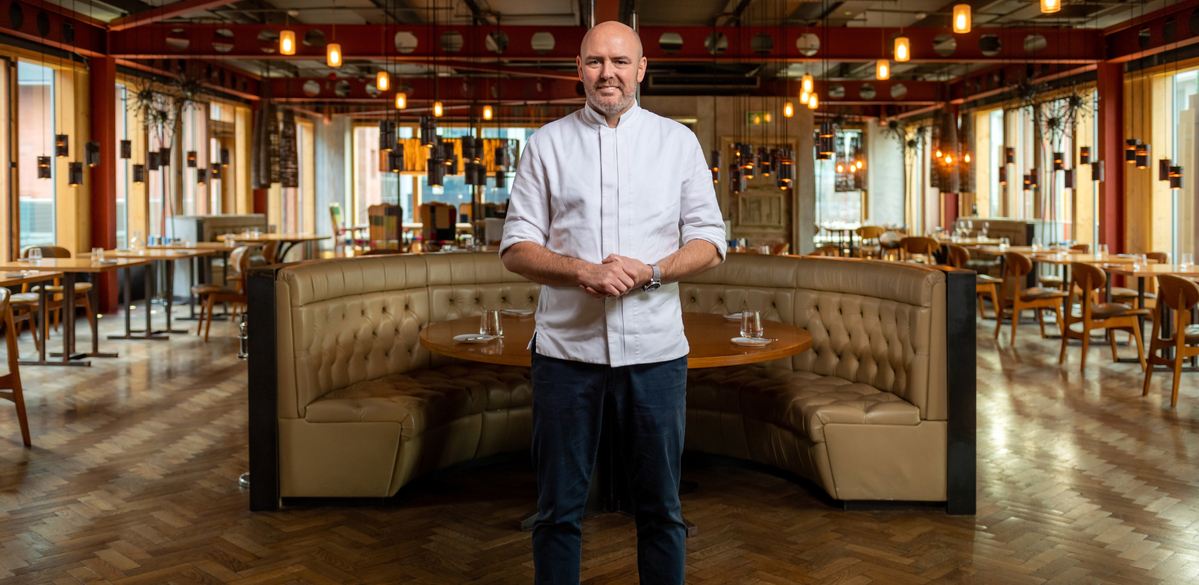How to… reduce energy costs
Government departments and businesses regularly launch their own energy efficiency schemes, which can be confusing, especially for small businesses that have not yet taken action to reduce their carbon footprint.
That's why the Institute of Hospitality, the industry's professional body, is highlighting no-cost resources aimed at small and medium-sized enterprises, as well as listing some simple measures to save money. Remember, a 20% cut in energy costs represents the same bottom-line benefit as a 5% increase in sales.
The first question is: "Are you paying a fair price for utilities?' According to business adviser Make It Cheaper, if you are being charged more than 10p per unit of electricity or 4p per unit of gas, then it would be worth either switching supplier or negotiating with your current one.
If you are expecting your energy bills to come down because of the household price cuts announced at the start of 2012, think again. Business energy contracts typically renew once a year and when they do, it is normal to see rates jump much higher as contracts are automatically "rolled over" into new and binding 12-month terms.
The best prices are only available to those who are proactive about shopping around during their renewal window and then manage to avoid being rolled by sending a termination letter to their supplier. Make It Cheaper can help by providing a free and impartial service - the adviser only receives commission from the energy suppliers when new contracts are set up.
Once you are getting the best possible deal from your suppliers, the next step is to check your consumption.
An easy-to-use online training tool called "Cut Carbon, Cut Costs", shows you how and where to cut energy costs. The tool provides a personalised action plan for your premises and is available free upon registration with the Carbon Trust (www.carbontrust.co.uk/cut-carbon-reduce-costs).
Registered users also have access to a web-based "Energy School", research reports and promotional materials for hotels.
Without even turning on a computer, however, there are a number of simple steps to save energy and money, as explained above.
â- Ben Walker is communications manager at the Institute of Hospitality. One of the many benefits of belonging to the industry's professional body is access to eâ'resources and professional advice.
Eâ'mail: membership@instituteofhospitality.org Tel: 020 8661 4900
Â
Heating and water
â- Avoid overheating bedrooms and corridors. Aim for 19 to 21°C.
â- Use timer switches and thermostatic radiator valves.
â- Switch off kitchen extraction hoods when not required.
â- Avoid using air conditioning until the temperature exceeds 24°C.
â- Do not overheat hotel water. A temperature of 60°C is ideal.
â- Consider fitting spray water taps.
Â
lighting
â- Install occupancy and daylight sensors so that your lights are only on when required.
â- Install energy-efficient lights. Consider compact fluorescent products or LED lamps that use up to 80% less energy than tungsten GLS lamps. In addition, they typically last eight times longer than GLS lamps and, because they generate less heat, they put less strain on your air conditioning.
Â
refrigeration
â- Review the condition of refrigerator door seals.
â- Keep refrigerator doors closed as much as possible.
â- Turn off refrigeration appliances that store non-perishable goods, such as soft drinks, when they do not need to be cool.



